William “Otis” Hickman recalled working in a CCC camp at McCormick’s Creek State Park, southwest of Indianapolis. The park and its camp were located near the town of Spencer, Indiana and Hickman wrote of walking into town for ice cream and a movie during the year he spent as a CCC enrollee there. McCormick’s Creek State Park is listed in Ren and Helen Davis’s book Our Mark on This Land (2011). Camp SP-4, Company 589 worked in the park, building a gate house, picnic shelters, roads and a stone bridge among other improvements. The Davis’s report that the CCC recreation hall was later converted to a nature center by the WPA.
The January-February 1934 issue of The Military Engineer magazine included an article by Captain Denzil Doggett entitled “Engineering in Indiana’s CCC Camps”. At the time, Denzil reported there were 18 CCC camps in the state, engaged in a range of activities including gully-control work on private property, forest improvement and construction projects in state forests and game preserves as well as similar work in state parks. With respect to the gully-control work done by the CCC in Indiana, Denzil noted that each such camp had two or more foremen, whose duties included designing dams and spillways for erosion control, establishing boundary control to insure that work did not stray into unauthorized lands, and calculating drainage areas. At the Nancy Hanks Lincoln Memorial, Denzil described the construction of an earthen dam and concrete spillway that would impound water in a 28 acre area, with the impounded water being used “to irrigate an extensive landscaped area which forms a part of the court of the memorial building which is to be constructed in future years.”
In the fiscal year ending on June 30, 1937, 5,521 enrollees
worked in Indiana, while the 1939 Annual
Report of the Director of the CCC reported that a total of 7,411 enrollees
worked in Indiana during the fiscal year.
The breakdown of camp types in 1937 and 1939 was as follows, according
to these Annual Reports:
1937:
 National Forest Camps, 3
National Forest Camps, 3
State Forest Camps, 12
Agricultural Engineering Camps, 8Soil Conservation Camps, 10
State Park Camps, 7
Military Reservation Camps, 1
1939:
State Park Camps, 7
National Forest Camps, 2
State Forest Camps, 5
Agricultural Engineering Camps, 6
Soil Conservation Service Camps, 8
Examples of work totals from the 1939 Annual
Report include 2,541 man-days spent fighting forest fires, 44 miles of erosion
control terracing installed, over 23,000 linear feet of diversion ditches dug
and over 142,000 trees and shrubs moved and planted.
There are countless stories of how the CCC
experience gave a new perspective to some enrollees, who came away from their
time in the camps with an increased appreciation for nature and the world
around them. One such enrollee was
Charles W. Massie who worked in Company 513, Henryville, Indiana. Massie’s essay entitled God in the Forest was
reprinted in Leslie Alexander Lacy’s book The Soil Soldiers. Massie wrote, in part:
“Not long ago I sat by myself in a great grove of
trees, sat and wondered how man with his puny strength could rule over such a
vast domain. How strange would be the
tales these tall trees would tell, if they could talk! Countless untold legends, the rise and fall
of civilizations. The steady march of
progress and the eternal struggle for existence and the right to live and grow.”
 No state was immune to the threat of accidents and
fatalities related to CCC work. One
especially shocking fatality in Indiana involved the deaths of enrollees Edwin
Mannix and Edgar Bigley who died early on the morning of November 3, 1937 when
their truck slammed into the side of a freight train near Wallen, Indiana. Those portions of the testimony that I have
obtained from the National Archives and Records Administration are sketchy with
respect to the exact time of the crash and the cause of the tragedy, but given
the time at which it occurred, one is led to conclude that fatigue and darkness
may have played a role.
No state was immune to the threat of accidents and
fatalities related to CCC work. One
especially shocking fatality in Indiana involved the deaths of enrollees Edwin
Mannix and Edgar Bigley who died early on the morning of November 3, 1937 when
their truck slammed into the side of a freight train near Wallen, Indiana. Those portions of the testimony that I have
obtained from the National Archives and Records Administration are sketchy with
respect to the exact time of the crash and the cause of the tragedy, but given
the time at which it occurred, one is led to conclude that fatigue and darkness
may have played a role.
Sources:
Davis, Ren & Helen, Our
Mark on This Land, 2011, The McDonald & Woodward Publishing Company.
Doggett, Denzil, "Engineering in Indiana's CCC Camps," The Military Engineer, Jan-Feb 1934.
Lacy, Leslie Alexander, The
Soil Soldiers, 1976, Chilton Book Company.
Merrill, Perry H., Roosevelt’s
Forest Army, 1981, Perry Merrill, Publisher.
National Archives & Records Administration, Wash., D.C.,
Records of the CCC, Div. of Safety.
U.S. Government Printing Office, Annual Report of the Director of Emergency Conservation Work, Fiscal Year Ended June 30, 1937.
U.S. Government Printing Office, Annual Report of the Director of the Civilian Conservation Corps Fiscal
Year Ended June 30, 1939.
Copyright, 2013, Michael I. Smith


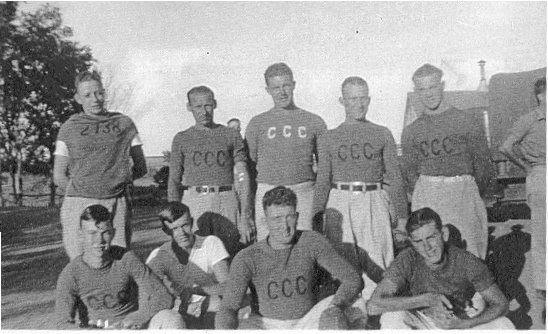

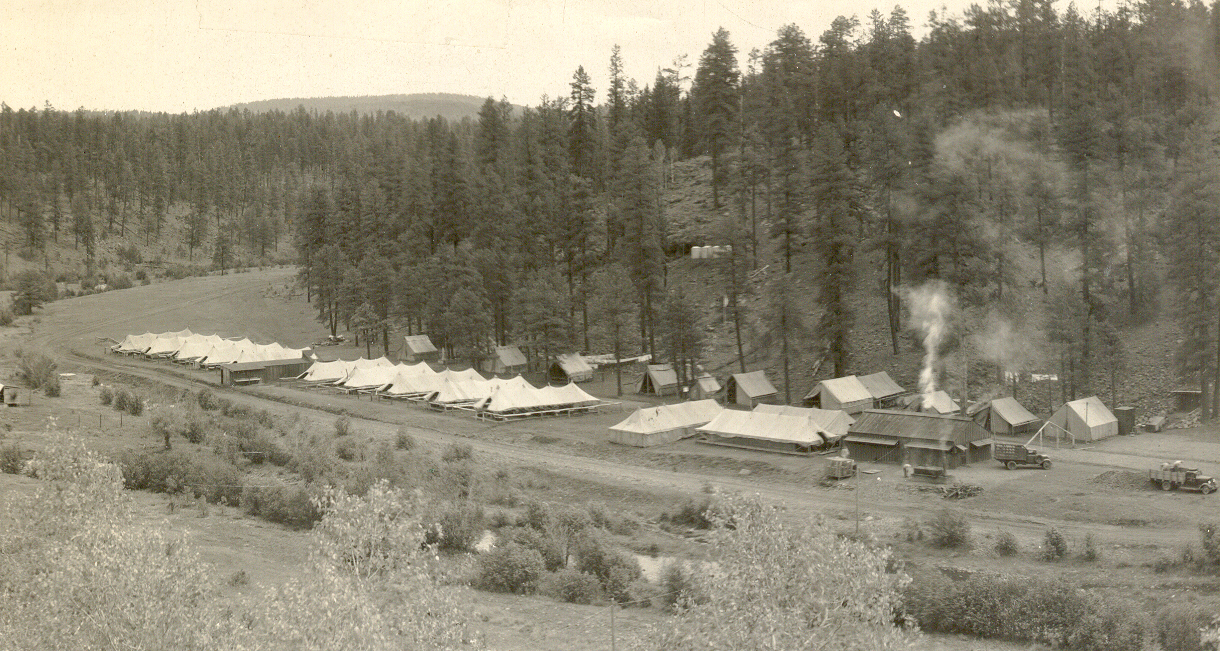
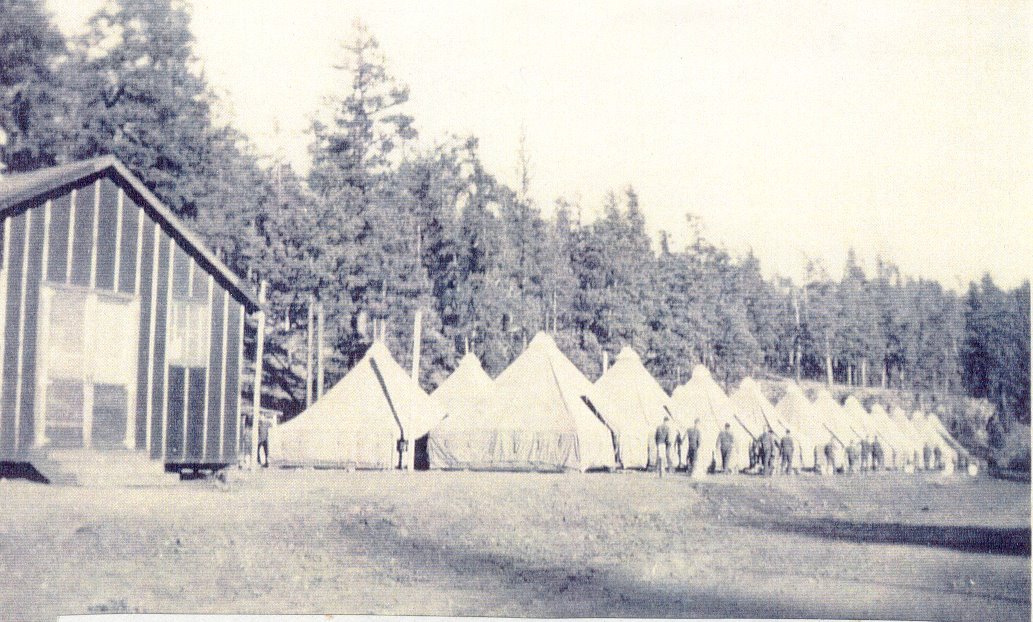
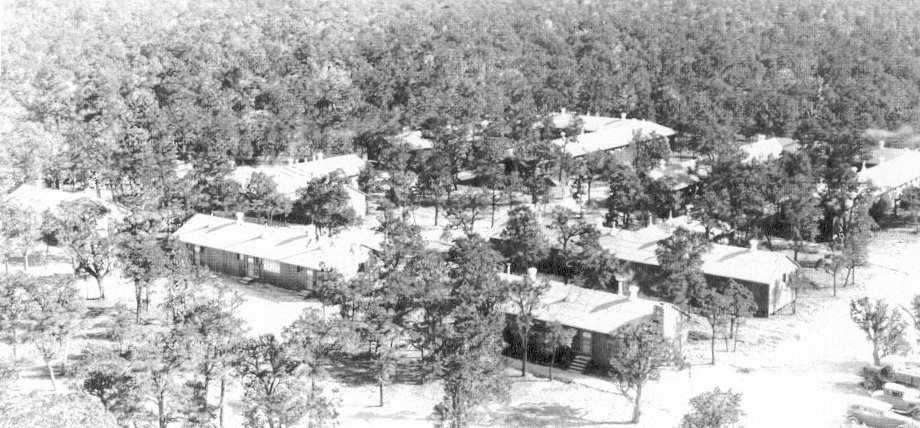
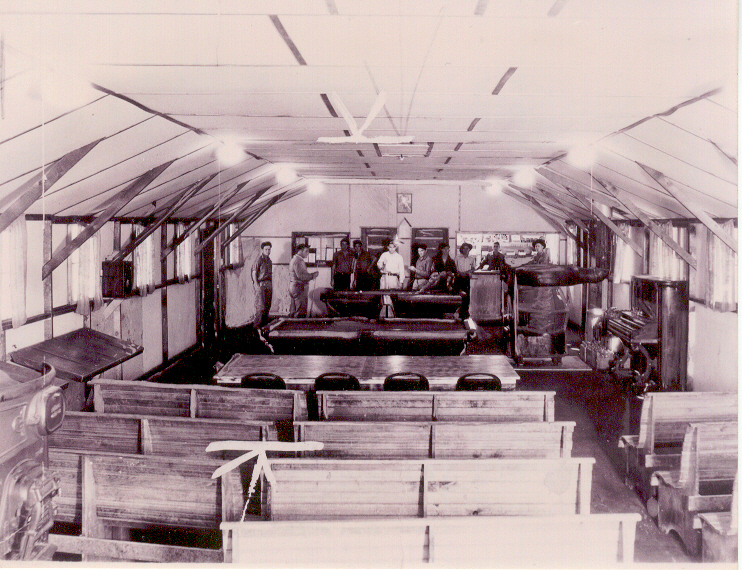
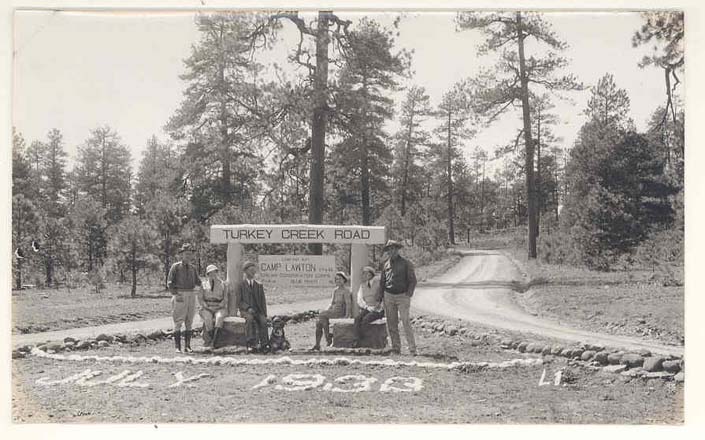
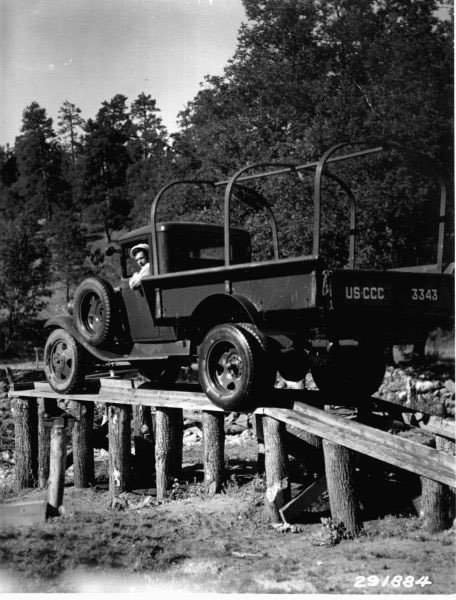
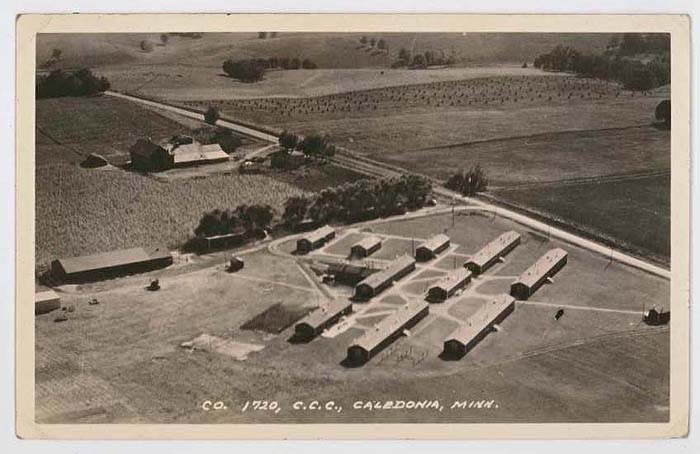
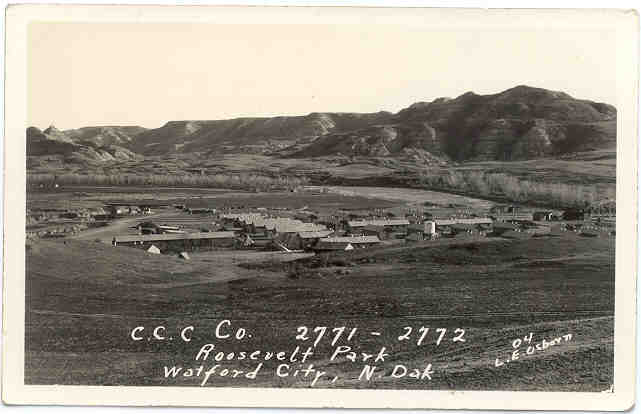
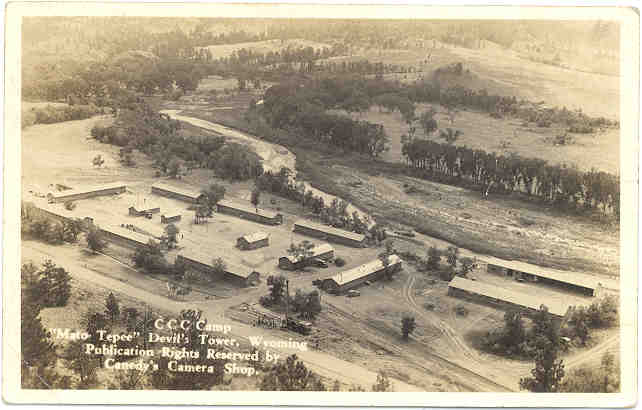
No comments:
Post a Comment